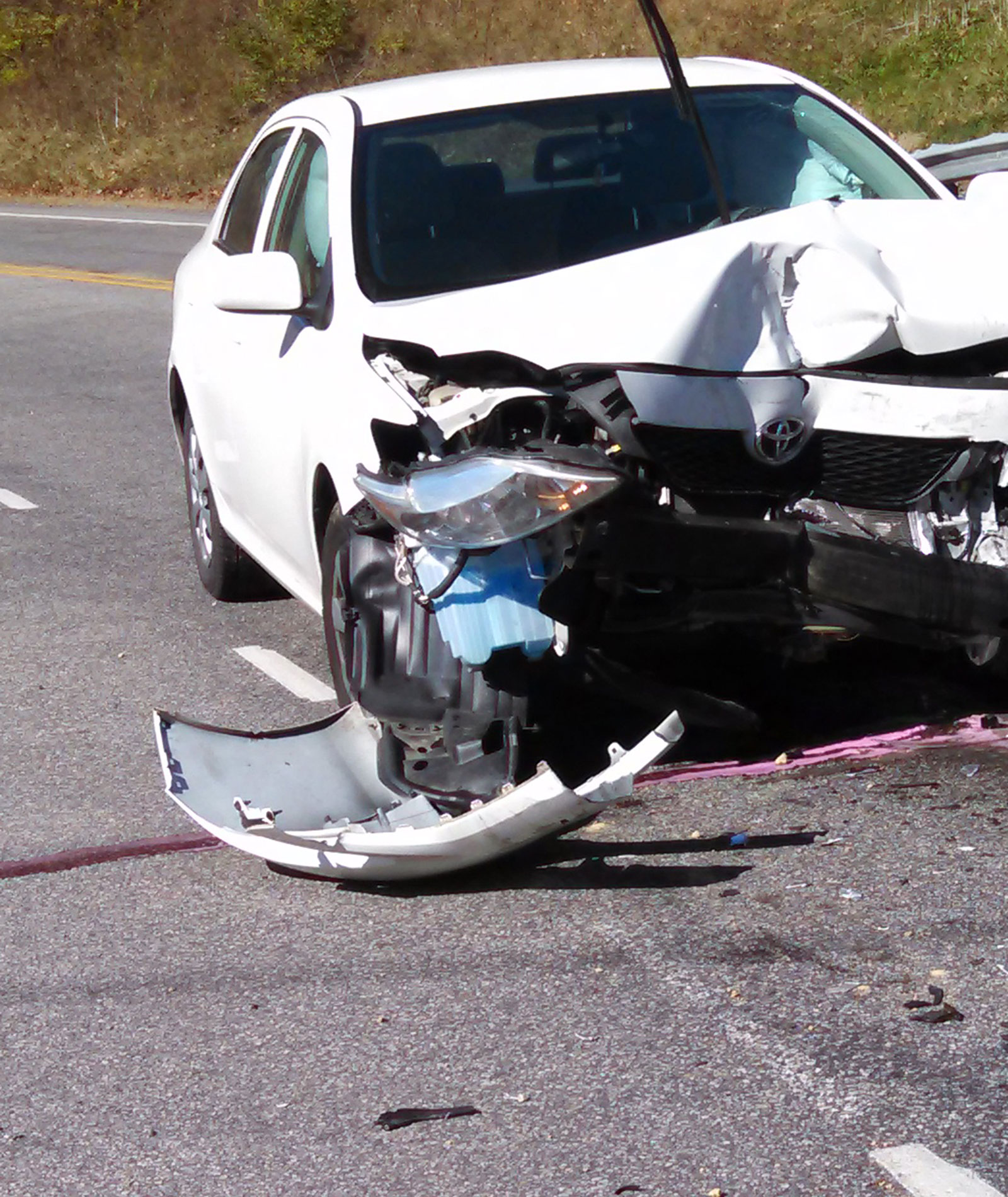Federal Court Case Reviews Bad Faith Third-Party Claim for Florida Motorist Accident

When you suffer a devastating car accident in Florida, the first thing you need to worry about is your own health and trying to recuperate. The last thing you want to worry about is how to pay for everything. With serious injuries, the costs of medical care can add up quickly, and you soon look to the auto insurance policies you and the at-fault party have purchased. As we’ve discussed before in this blog, at-fault parties can have the legally required amount of insurance, but their policy limits still may fall far short of the medical costs, leaving the injured person looking for other ways to pay the bills.
Under Florida law, an insurer owes a duty of good faith to its insured, and there may be an action for bad faith against an insurer when the insurer fails to uphold its duty. In addition to the policy holder, an injured party can bring a claim directly against the at-fault party’s insurer when an insurer fails to advise the insured of settlement opportunities, fails to advise as to the probable outcome of litigation, and fails to warn of the possibility of an excess judgment and which steps to take to avoid such a judgment. The law requires the insurer to handle all claims with care on behalf of its insured, using the same degree of diligence as a person of ordinary care and prudence.
The published 2015 federal case of Mesa vs. Clarendon Nat’l. Ins. Co. (Case: 14-12868) reviewed a bad faith claim stemming from a Florida car accident that injured four people. The bad faith action was brought by a man who suffered catastrophic injuries. The policy of the at-fault party had bodily injury liability limits of $10,000 per person and $20,000 per accident. The other three people in the accident also suffered injuries from the car accident, but the plaintiff in this suit incurred medical bills that approached $200,000 within two months of the accident.
The at-fault party’s insurance company offered to globally settle with all injured parties, proposing an equal division of the $20,000 per accident liability limits. The catastrophically injured party advised that he would not accept less than the $10,000 per person bodily injury liability limits. Even though the insurance company offered that in exchange for a full and final settlement, the injured man declined, since that would preclude the ability to sue the at-fault party personally for excess damages. The insurance company of the at-fault driver did tell him through a letter that a suit had been filed, and a settlement was attempted. However, it did not advise him that he could be exposed to an excess judgment. Later, the attorney retained by the insurance company met with the at-fault party in person, where he was advised of the status of his claim and his potential liability exposure. Three years later, an excess judgment of $750,000 was entered against him.
The federal court, hearing the case based on diversity jurisdiction, looked toward the totality of the circumstances, as established by Florida case law. The court looked at whether enough evidence was provided by the injured person for a reasonable jury to find that the insurance company acted in bad faith. The court determined that the actions of the insurance company showed that they acted in good faith by immediately opening a claim file, hiring an investigator, and hiring counsel to assist the claimants in reaching a global settlement. The court also thought the record reflected that the attorneys of the injured people appeared to be working toward a global settlement. The court did find some negligence in the insurance company’s lack of advice to its insured of the settlement opportunities and litigation outcome, but it did not feel these failures led to the excess judgment against the at-fault party. The federal court did not feel bad faith existed, and it upheld the judgment of the lower court for the insurance company.
If you have suffered catastrophic injuries, the Florida car accident attorneys at Donaldson & Weston are here to help. Call our office today for a free consultation at 772-266-5555 or 561-299-3999.
More Blog Posts:
Florida District Appeals Court Reviews Notice Requirements for Insured to Receive Personal Injury Protection Benefits, South Florida Injury Lawyer Blog, October 13, 2015
Knowing How a Rejection of Uninsured/Underinsured Auto Insurance Coverage in Florida Affects You and Your Family, South Florida Injury Lawyer Blog, October 6, 2015
